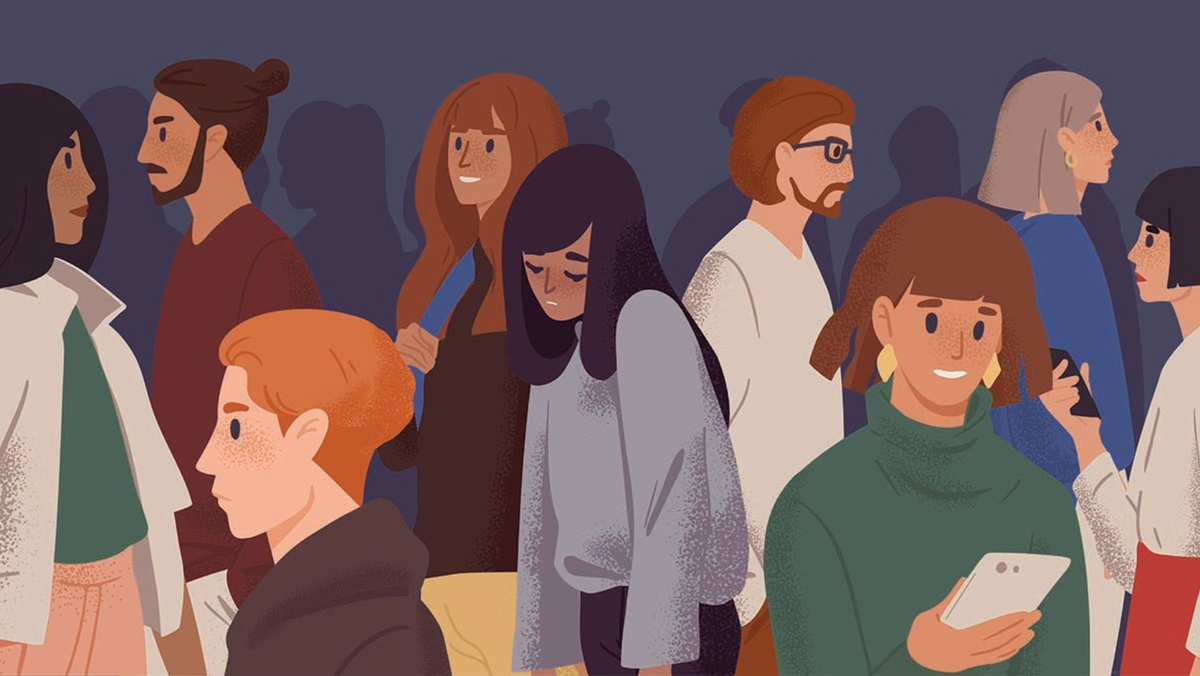How loneliness quietly affects your health

Loneliness: the subject no one likes talking about, but everyone is aware of experiences in very private, and sometimes devastating ways. At the best of times, there are 1.2 million chronically lonely people in the UK, with 500,000 going five or six days without speaking to anyone.
These are not the best of times. While there are no up to date statistics on loneliness figures in the UK, let's assume that these figures have been compounded as the result of social distancing. While loneliness undoubtedly leaves us down in the dumps, it has a much bigger, and quieter affect on our health.
I don't care 🤷
Researchers have found a link between loneliness and patients' ability to fight off illness. Studies show healthy people who spend little time with others are more likely to develop symptoms if they catch a cold than those who are more sociable.
It also increases the chances you'll smoke more, drink to excess, and increases the levels of cortisol in the body, which if left unchecked can cause chronic inflammation.
"Our research really shows that the magnitude of risk presented by social isolation is very similar in magnitude to that of obesity, smoking, lack of access to care and physical inactivity," says Kassandra Alcaraz, a public health researcher with the American Cancer Society. There are also links to a patient's ability to fight of COVID-19 and how lonely they feel.
While researchers try to find how and why loneliness has such a profound effect on us, what we do know is that these conditions can be reversed when people start interacting with each other.
It's no one's fault 🙌
Before we jump into this, I think it's important to side step the idea that is somehow the lonely person's fault for their loneliness. Loneliness can lead to a shift in behaviour. People in the early stages of loneliness, pay more attention to disagreement and criticism when around others. If left unchecked, that can lead to an assumption that future social interactions will be negative, leading to avoidance.
But there are ways to help people feel less isolated.
Breaking the habit 🔗💥
According to an analysis of 50 different types of intervention for loneliness, helping people change their thinking about future social interaction was four times more effective than strategies around improving social skills, access to mental health professionals, and putting lonely people in situations where they can socialise.
So if you're feeling isolated, have a think about how you feel about interacting with other people? Is it something you dread? If it is, there a wide range of resources you can pool on to help you work through it.
Lastly, and most importantly, if you think you may know someone who is suffering from loneliness, reach out and say hello. Don't be offended if they don't respond as positively as you would have liked. Give them some time. They're just working things out is all.
Ok, where can I learn more? 📚
- 15 organisations that can help people feeling lonely
- The campaign to end loneliness - a very worthwhile charity we should all be involved in.
- The Anatomy of loneliness: how to find your way back to connection - an important read.





